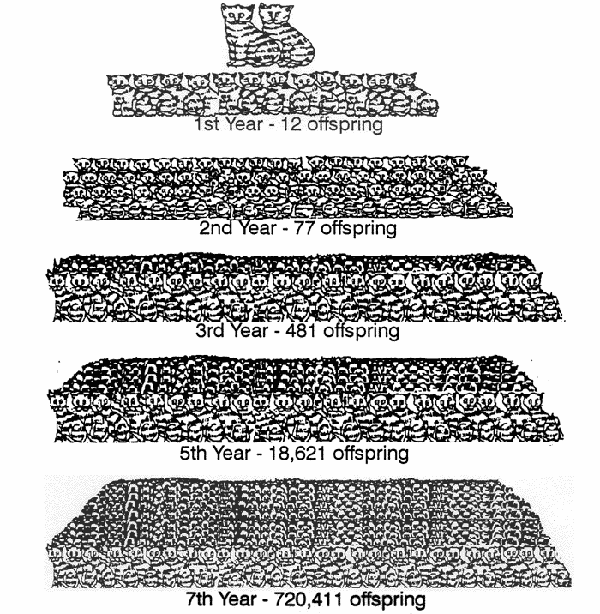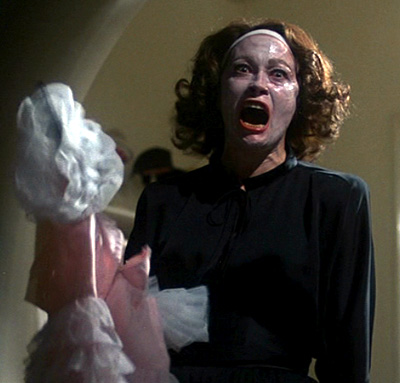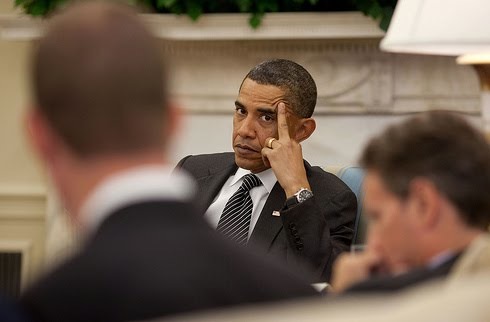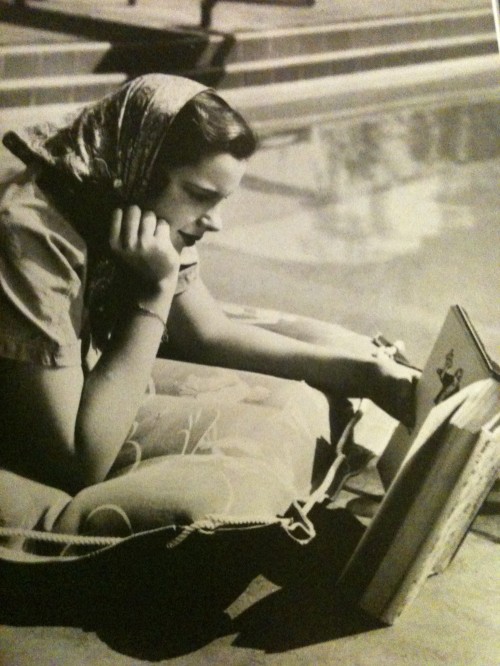Craft and the City: Writer as Flâneur

A while ago, Lily pondered the flâneur in this post, and in the comments section Ken referenced Nassim Taleb, and it seems that interest in the flâneur, like the figure of the flâneur itself, meanders around the consciousness of many of us, possibly. There is something perennially appealing and perhaps romantic about the flâneur–the apartness, the deliberate purposelessness–and I remember that it took, for me, reading Benjamin’s The Arcades Project to understand Baudelaire (the man and the work) in a more complete and meaningful way. Some years ago I wrote an essay (whose title is the title of this post) that sought to explore the idea of text-as-city and reader as flâneur, and then, by extension, the work of writing as its own kind of flânerie. (Really wanted to publish it as Flânerie O’Connor, but then I would’ve had to punch myself in the face really hard. And also get it published.) Anyway, here are some excerpts/cut-ups from that essay:
The Fallacy of Fixed Meaning

“…the dogma that words come to us out of the past with proper meanings—fixed and immutable—is a fallacy. The only meanings a word has are those that the speakers of the language choose to give it.” The Oxford Essential Guide to Writing
This from Wikipedia’s entry on linguistic prescription:
In linguistics, prescription denotes normative practices on such aspects of language use as spelling, grammar, pronunciation, and syntax. It includes judgments on what usages are socially proper and politically correct. Its aims may be to establish a standard language, to teach what is perceived within a particular society to be “correct” forms of language, or to advise on effective communication. If usage preferences are conservative, prescription might (appear to) be resistant to language change; if the usage preferences are radical, prescription may produce neologisms.
Prescriptive approaches to language are often contrasted with descriptive linguistics, which observes and records how language is practiced. The basis of linguistic research is text (corpus) analysis and field studies; yet description includes each researcher’s observations of his and her (own) language usage. Despite apparent opposition, prescription and description (how language should be used, and how language is used) exist in a complementary dynamic tension of mutual linguistic support.
Again, from Kane in Oxford: “Words, then, are far from being tokens of fixed and permanent value. They are like living things, complex, many-sided, and responsive to pressures from their environment. They must be handled with care.”
I love the freedom of language, neologisms, mutability–moments that allow for creative energy. I also love grammar, rules, usages that make the reading experience universal. Maybe that’s why I write poems and edit. This is a political topic, to be sure, but it’s definitely a matter of craft as well.
Where, as a writer, do you think should be and is [of how language is used] meet?
Joan Crawford Says No Rhetorical Questions
All too often, when a writer wants to express some kind of doubt or curiosity or insecurity in their characters, they will invoke a plaintive rhetorical question like, “Ella loved her husband, didn’t she?” or “What was he thinking?” or “This wasn’t really her life, was it?” or “Did that really happen?” These interrogatory moments are a facile way of introducing tension, of letting the audience know an internal debate is taking place, of pandering in really annoying ways, of stating the blatantly obvious. Are rhetorical questions necessary though? I think not. They are lazy writing, using the questions to drive the narrative forward when that same forward motion could be achieved by just telling the damn story and showing that doubt or insecurity in other ways. I have been seeing a rash of rhetorical questions lately. I now often cringe. I am even more troubled when a story begins or ends with a rhetorical question. In these instances, I am left with the impression that the writer is lacking confidence or that the writer is unsure of how to begin or where to end their story. Every one has a different set of rules for writing but I have to insist that two of those unbreakable rules must be: 1) do not use rhetorical questions unless absolutely necessary and 2) never begin or end your story with a question. It’s your writing. You (should) know the answers. Am I the only one who is driven crazy by rhetorical questions?
Wait. See what I just did there?
Gerhard Richter on Writing

“The idea that art copies nature is a fatal misconception. Art has always operated against nature and for reason.”
“Surely you don’t think that a stupid demonstration of brushwork, or of the rhetoric of painting and its elements, could ever achieve anything, say anything, express any longing.”
“I never worked at painting as if it were a job; it was always out of interest or for fun, a desire to try something.”
“I have to have a mental picture, an image, to start. I never reach this image, but it’s good to begin with it.”
“Form is all we have to help us cope with fundamentally chaotic facts and assaults. Formulating something is a great start. I trust form, trust my feeling or capacity to find the right form for something. Even if that is only by being well organized. That too is form.”
“Strange though this may sound, not knowing where one is going, being lost, being a loser, reveals the greatest possible faith and optimism, as against collective security and collective significance. To believe, one must have lost God; to paint, one must have lost art.”
“I want to leave everything as it is. I therefore neither plan nor invent; I add nothing and omit nothing. At the same time, I know that I inevitably shall plan, invent, alter, make and manipulate. But I don’t know that.”
“I don’t create blurs. Blurring is not the most important thing: nor is it an identity tag for my pictures. When I dissolve demarcations and create transitions, this is not in order to destroy the representation, or to make it more artistic or less precise. The flowing transitions, the smooth, equalizing surface, clarify the content and make the representation credible (an alla prima impasto would be too reminiscent of painting, and would destroy the illusion).”
“When I first painted a number of canvases grey all over I did so because I did not know what to paint, or what there might be to paint: so wretched a start could lead to nothing meaningful. As time went on, however, I observed differences of quality among grey surfaces, and also that these betrayed nothing of the destructive motivation that lay behind them. The pictures began to teach me. By generalizing a personal dilemma, they resolved it. Destitution became a constructive statement; it became relative perfection, beauty, and therefore painting.”
“How could one be in this world without feeling dismayed by it? Even if one paints flowers and gingerbread.”
“Talk about painting: there’s no point. By conveying a thing through the medium of language, you change it. You construct qualities that can be said, and you leave out the ones that can’t be said but are always the most important.”
“It is hard, say, to cross out six different numbers on a Lotto ticket in such a way that the arrangement looks convincing. And yet the sequence that emerges after the numbers are drawn seems entirely right and credible in every way.”
Q: What painters have you learned from?
A: “From every one that I know.”
“What I’m attempting in each picture is nothing other than this.. to bring together in a living and viable way, the most different and the most contradictory elements in the greatest possible freedom.”
Considering Fiction as a Chain of Tone
an audio-visual tour of what I look for, aim for, build towards, in fictional narratives.
AT THE BEGINNING, A NARRATIVE ELEMENT IS INTRODUCED IN ORDER TO ESTABLISH A TONE TO CARRY THE PIECE
http://www.youtube.com/watch?v=vZVk21Pco-c
READ MORE >
“Why would people sell themselves short and not just live the life of pure creative glamour.”
httpv://www.youtube.com/watch?v=lQ3SVpE9LTQ
On Friday night I read Dan Hoy’s post over at Montevidayo entitled THE PIN-UP STAKES: Poetry & The Marketing of Poetry. Approximately 2 hours later I was wasted in a bar across the street from my apartment, yelling at my roommate (who doesn’t really read poetry) that it was the best thing ever, insisting that she read it on her smart phone. About two hours after that I tweeted the phrase “If you take the lyrics to pop musick seriously they become the map of utopian society” (the “k” at the end of “musick” is my own superfluous nomenclature that surfaces mostly while “under the influence,” tying music to “magick” of course).
What was in my head, still, other than Hoy’s essay itself, was the video above, and more particularly, the song within the video.
httpv://www.youtube.com/watch?v=bw2o_Go4QWI
No, Fuck You
Ah, the confrontational interview. I had this idea it did exist. Then where has it gone? The jostle, cough, the lip-curl. And without it, haven’t we lost something? To discuss, to pry and fling, not what we’re instructed or allowed (a la Tom Cruise [and many others] who actually inculcate the interviewer in advance—you will only ask these very questions). And so then we have nothing more than a softball game played with bats made of limp, leaking sausages. Toy dogs smelling each other’s asses. A farce.
Because we lose surprise, abrupt honesty, what ego and anger can do: make us blurt out something we might regret, or possess, or shock or please our own self with, something true. But some of this comes down to the medium. Over email, my gods, we can all blurb profound. We cheat, and suddenly I am quoting Beckett and know something about mortgage-backed securities, MFA statistics, and the best clothing option for a casual late fall round of bocce ball (Cabela’s MicroDown soft shell, in hue woodland). An interview over the phone, you might have notes or might be naked (a clear advantage for flow of thought). You don’t see the interviewer at all, the nonverbals, the power of space, but at least it is real time and has potential for nasty, like when Terry Gross asks Gene Simmons about wearing a studded codpiece:
Gene Simmons: No, it holds in my manhood.
Terry Gross: [laughs] That’s right.
Gene Simmons: Otherwise it would be too much for you to take. You’d have to put the book down and confront life. The notion is that if you want to welcome me with open arms, I’m afraid you’re also going to have to welcome me with open legs.
Terry Gross: That’s a really obnoxious thing to say.
Judy Garland on Writing
Behind every cloud is another cloud.
I think there’s something peculiar about me that I haven’t died.
I was born at the age of twelve.
When I walk onstage you should hear my balls clank.
I believe in the idea of the rainbow. And I’ve spent my entire life trying to get over it.
If I am a legend, then why am I so lonely?
I am a chemist. I know what pills I am taking!
The most nightmarish feeling in the world is suddenly to feel like throwing up in front of four thousand people.
At least one wall is shaking.
There is fat and there is bloat.
I’ve either been an enormous success or just a down-and-out failure.
I’m not drunk. I am glazed.
I want to finish this, do you mind?
On Ecology and Art
“Will you please write just one great book instead of a bunch of good ones, please?”

I read that on Twitter about an hour ago, from Giancarlo. I’ve been wanting to write down or through some thinking about an ecology of art for awhile. Ecology may be the right word, economy may be the right word. I’m wary of economy. I hate economics and finance, although I find myself morbidly curious about it all.
I’m increasingly convinced that living in megaindustrialized/meganetworked environments is not good, for the most part. Abuses of power are rampant and easy to hide behind layers and layers of abstracted steps up or down the supply chain. I’m thinking about: the bloody production of electronics, the bailout of gambling houses/i.e. banks and investment firms, the Gulf oil spill, the Iraq & Afghanistan wars. As much as I’d like to dodge particularizing the general and vice versa, these destructive events seem to stem from the mishandling of resources. Companies like Apple, Dell, Sony and Samsung don’t want to pay suppliers and manufacturers more to make sure their materials come from mines that aren’t run by violent criminals; they point their finger at the next abstract layer in the supply chain and say ‘We’re trying, but it’s really their responsibility.’ It’s easy to use your publicly trusted persona to direct attention/blame elsewhere. BP avoided building and maintaining a safe structure. They saved money in the short term, then the rig blew up. People died. We know the rest. I don’t claim to know much, but I bet that building hospitals and schools and roads in Iraq and Afghanistan would be more effective against future violence than what’s happening there now. It may not guarantee an easy extraction point for oil and lithium, though. READ MORE >
Ornette Coleman on Writing + B/W Films on B/W = Sweet(forgive)ness
Ornette has been writing a book on harmolodics but it’s yet to be published.
Someone should really turn the tables on that one.



